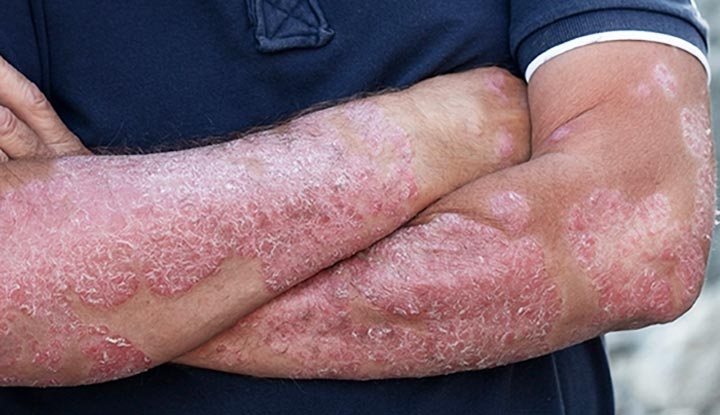What is dry skin?
Itchy Dry skin is a common skin condition that occurs when the Itchy Dry Skin does not produce enough natural oils to keep it moist. This can lead to a number of symptoms, including itching, flaking, and scaling.

Types of dry skin
There are several different types of dry skin, including:
- Atopic dermatitis: This is a chronic skin condition that is often accompanied by other allergies, such as asthma or hay fever.
- Contact dermatitis: This type of dry skin is caused by an allergic reaction to a substance that comes into contact with the skin.
- Seborrheic dermatitis: This type of dry skin is characterized by red, scaly patches on the scalp, face, and chest.
Causes of dry skin
There are a number of factors that can contribute to dry skin, including:
- Age: Dry skin is more common in older adults.
- Genetics: Some people are more prone to dry skin than others.
- Environment: Dry skin is more common in cold, dry climates.
- Medical conditions: Some medical conditions, such as hypothyroidism and diabetes, can also lead to dry skin.
- Medications: Some medications, such as diuretics and antihistamines, can also dry out the skin.
Symptoms of dry skin

The symptoms of dry skin can vary depending on the severity of the condition. However, some common symptoms include:
- Itching
- Scaling
- Flakiness
- Rough, tight skin
- Redness
- Pain
Treatment for dry skin
There are a number of different treatments available for dry skin, including:
- Moisturizers: Moisturizers help to trap moisture in the skin, which can help to relieve dryness and itching.
- Emollients: Emollients are thick, oily substances that help to soften and smooth the skin.
- Occlusives: Occlusives are substances that form a barrier on the skin, which helps to prevent moisture loss.
- Antihistamines: Antihistamines can help to relieve itching.
- Corticosteroids: Corticosteroids are powerful anti-inflammatory medications that can be used to treat severe dry skin.
Prevention
There are a number of things you can do to help prevent dry skin, including:
- Use a humidifier: A humidifier adds moisture to the air, which can help to prevent the skin from drying out.
- Take warm baths or showers: Hot water can dry out the skin, so it is best to use warm water when bathing or showering.
- Apply moisturizer immediately after bathing or showering: This will help to seal in moisture and prevent the skin from drying out.
- Wear loose-fitting clothing: Tight-fitting clothing can irritate the skin and make dry skin worse.
- Avoid harsh soaps and detergents: Harsh soaps and detergents can dry out the skin, so it is best to use mild, fragrance-free products.
Lifestyle tips
In addition to the above, there are a number of lifestyle tips that can help to manage dry skin, including:
- Drink plenty of fluids: Staying hydrated helps to keep the skin moist.
- Eat a healthy diet: A healthy diet provides the body with the nutrients it needs to keep the skin healthy.
- Get enough sleep: Sleep helps the body to repair itself, which can help to improve dry skin.
- Manage stress: Stress can worsen dry skin, so it is important to find ways to manage stress.
Home remedies
There are a number of home remedies that can help to relieve dry skin, including:
- Oatmeal bath: An oatmeal bath can help to soothe dry skin and reduce itching.
- Aloe vera gel: Aloe vera gel is a natural moisturizer that can help to relieve dry skin.
- Coconut oil: Coconut oil is a natural moisturizer that can help to relieve dry skin.
